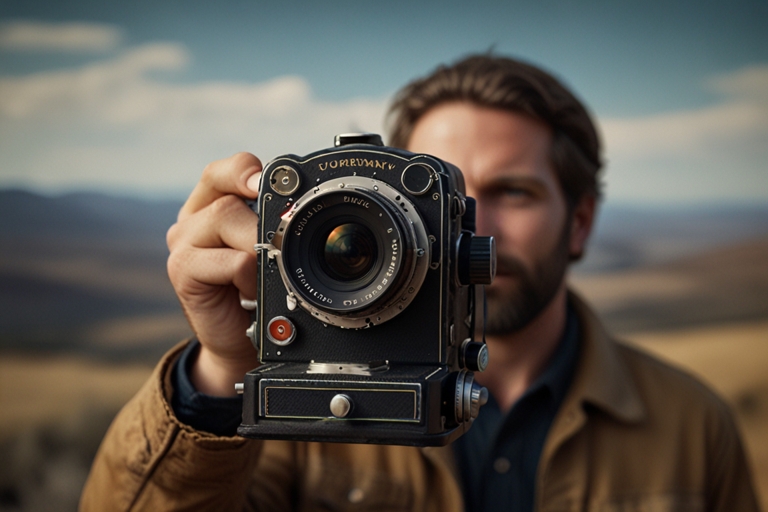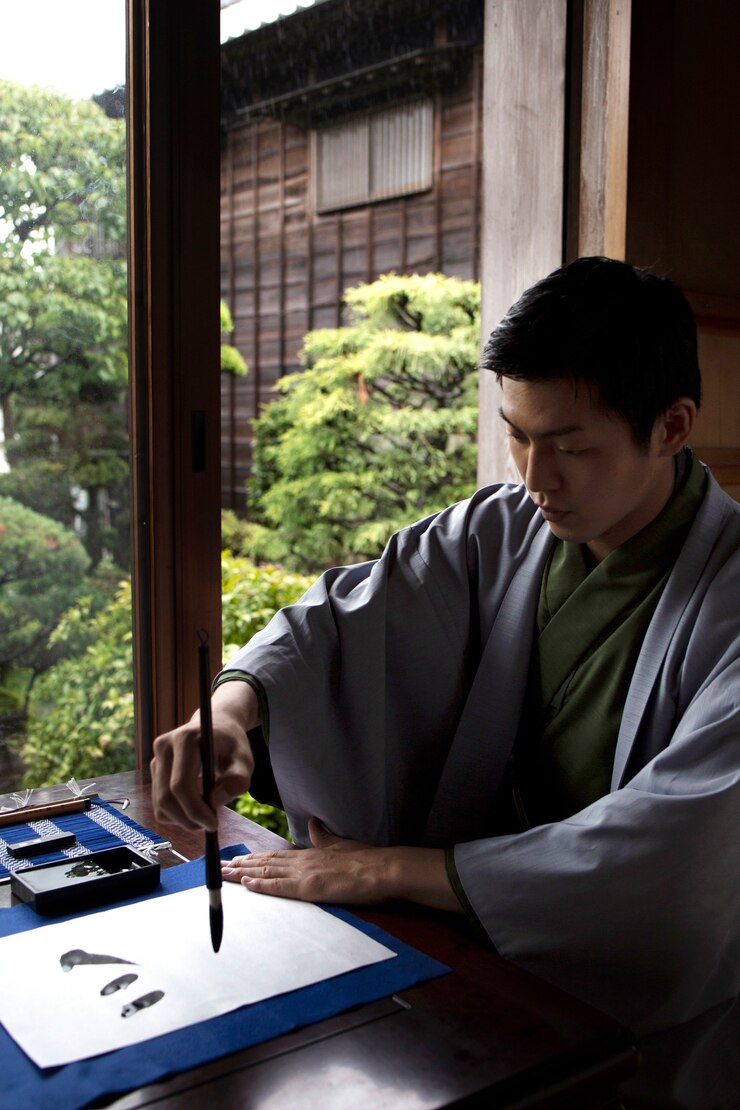In the world of film and photography, the term “journeyman” holds a special significance. Often used to describe a professional who is highly skilled yet not considered a master, the title of journeyman can apply to many creative professions, including those who work behind the camera. A journeyman camera operator is someone who has honed their craft over time, accumulated experience across different projects, and possesses a reliable set of skills, even if they aren’t yet a recognized expert or “master” in the field.
This blog will explore the meaning of “journeyman” within the context of camera operation and cinematography, focusing on how it applies to professionals in the industry. We will break down the term, discuss the role of a journeyman camera operator, and explain the importance of this title in shaping a successful career in film and photography.
What is the Meaning of “Journeyman”?

The Origin of the Term “Journeyman”
The word journeyman comes from the Middle Ages and originally referred to a worker who had completed an apprenticeship in a trade or craft but had not yet achieved the status of a master. The term derives from the French word “journée”, meaning “day,” referring to a worker who was paid on a day-by-day basis after completing their training.
In many traditional professions, becoming a journeyman was an essential step in the process of eventually becoming a master craftsman. A journeyman was typically someone with substantial skills and experience, capable of working independently but still in the process of perfecting their craft.
Modern Interpretation in the Camera and Film Industry
Today, the term journeyman has expanded to describe a professional in various industries, including camera operation and cinematography. In the context of the camera world, a journeyman camera operator is someone who has acquired a considerable level of skill and experience after spending years working in the industry. However, they have not yet reached the top echelons of their profession, such as the role of director of photography (DP) or a recognized master cinematographer.
A journeyman camera operator is competent, reliable, and often adaptable. They may not have achieved widespread recognition, but they are the backbone of many film and television productions, working diligently behind the scenes to ensure the smooth operation of cameras and the capturing of high-quality footage.
The Role of a Journeyman Camera Operator

Skills and Responsibilities
A journeyman camera operator is expected to have an extensive skill set, which includes proficiency in handling different types of cameras, lenses, lighting, and various filming techniques. They may not necessarily be involved in the creative decisions of a project, such as determining the overall look or feel of a film, but their technical expertise ensures that the director’s vision can be executed flawlessly.
Some key skills and responsibilities of a journeyman camera operator include:
- Operating Various Camera Types: Journeyman camera operators are skilled in using different types of cameras, from digital cinema cameras to traditional film cameras, depending on the project’s needs.
- Framing and Composition: Although the director or director of photography may set the shot, journeyman camera operators must be adept at framing and composing shots, ensuring that the camera captures the action in the desired manner.
- Camera Movement: They are responsible for executing smooth camera movements, such as panning, tracking, tilting, or dollying, all of which contribute to the storytelling in a film.
- Focus Pulling: Maintaining focus during dynamic scenes is a crucial aspect of camera work, and journeyman camera operators need to pull focus smoothly as subjects move through the frame.
- Working with Lighting and Exposure: While the DP often oversees the lighting setup, a journeyman operator should have a good understanding of how lighting impacts exposure and image quality, ensuring that shots are properly lit and exposed.
Experience Across Different Projects
A journeyman camera operator often gains experience by working on a variety of projects, including commercials, documentaries, television shows, corporate videos, and independent films. The diversity of these projects helps them build a versatile skill set and adapt to the unique demands of different production environments. They may be expected to work with different budgets, crew sizes, and creative visions, which fosters the adaptability that journeyman operators are known for.
Their role typically includes collaborating closely with directors, DPs, gaffers, and other crew members to ensure the technical aspects of the shoot run smoothly. In many ways, journeyman camera operators serve as the technical backbone of a production, taking direction from the creative team while ensuring that the film or video is captured with precision.
The Path from Apprentice to Journeyman Camera Operator
Education and Training
The journey to becoming a journeyman camera operator usually begins with formal education in film, television, or photography. Many aspiring camera operators attend film schools or enroll in media production programs, where they gain hands-on experience with camera equipment and learn the fundamentals of cinematography. These programs often offer opportunities to work on student films, giving aspiring camera operators a chance to build their portfolios.
However, formal education is not always a requirement. Some journeyman camera operators start their careers by working as apprentices or camera assistants on film sets. This “on-the-job training” allows them to learn from more experienced camera operators, build practical skills, and gain insights into the industry’s workflow.
Gaining Experience as a Camera Assistant
Before reaching journeyman status, many camera operators spend several years working as camera assistants (ACs). Camera assistants are responsible for tasks like setting up equipment, managing camera accessories, and ensuring that the camera operator has everything they need for the shoot. ACs also help with focus pulling, organizing lenses, and marking actors’ positions during scenes.
This period of apprenticeship allows aspiring camera operators to learn the technical aspects of camera work and understand the hierarchies on a film set. Over time, as they gain experience and demonstrate their competence, they may be given more responsibility and eventually move into the role of a journeyman camera operator.
The Importance of the Journeyman Camera Operator in Production
Reliability and Consistency
One of the most important qualities of a journeyman camera operator is their reliability. Producers and directors rely on journeyman operators to handle the technical aspects of camera work with minimal supervision. Their years of experience mean that they can quickly adapt to the director’s vision and execute shots with precision, allowing the production to run smoothly and on schedule.
Bridging the Gap Between Assistant and Master
A journeyman camera operator bridges the gap between a camera assistant and a director of photography. While they may not be responsible for the overall visual style of a production, they play a critical role in translating the creative team’s vision into reality. Their technical skills and versatility allow them to work across a wide range of genres and production styles, making them invaluable members of the camera department.
Career Progression
Many journeyman camera operators eventually aim to move up to the position of director of photography (DP), where they can have greater creative input and control over the visual aspects of a production. As they continue to gain experience, journeymen can specialize in particular types of camera work, such as action cinematography, steadicam operation, or drone photography, making them even more valuable to production teams.
Conclusion: The Role and Meaning of Journeyman Camera Operators
The title of journeyman camera operator represents a significant milestone in a cinematographer’s career. It signifies a level of professional competence, experience, and reliability that allows them to contribute meaningfully to a wide range of film and television projects. While they may not yet hold the title of director of photography, journeyman camera operators are essential to the success of a production, ensuring that the technical aspects of camera work are executed with skill and precision.
For anyone aspiring to work behind the camera, the journey to becoming a journeyman is a vital step on the path to mastering the art and craft of cinematography.










